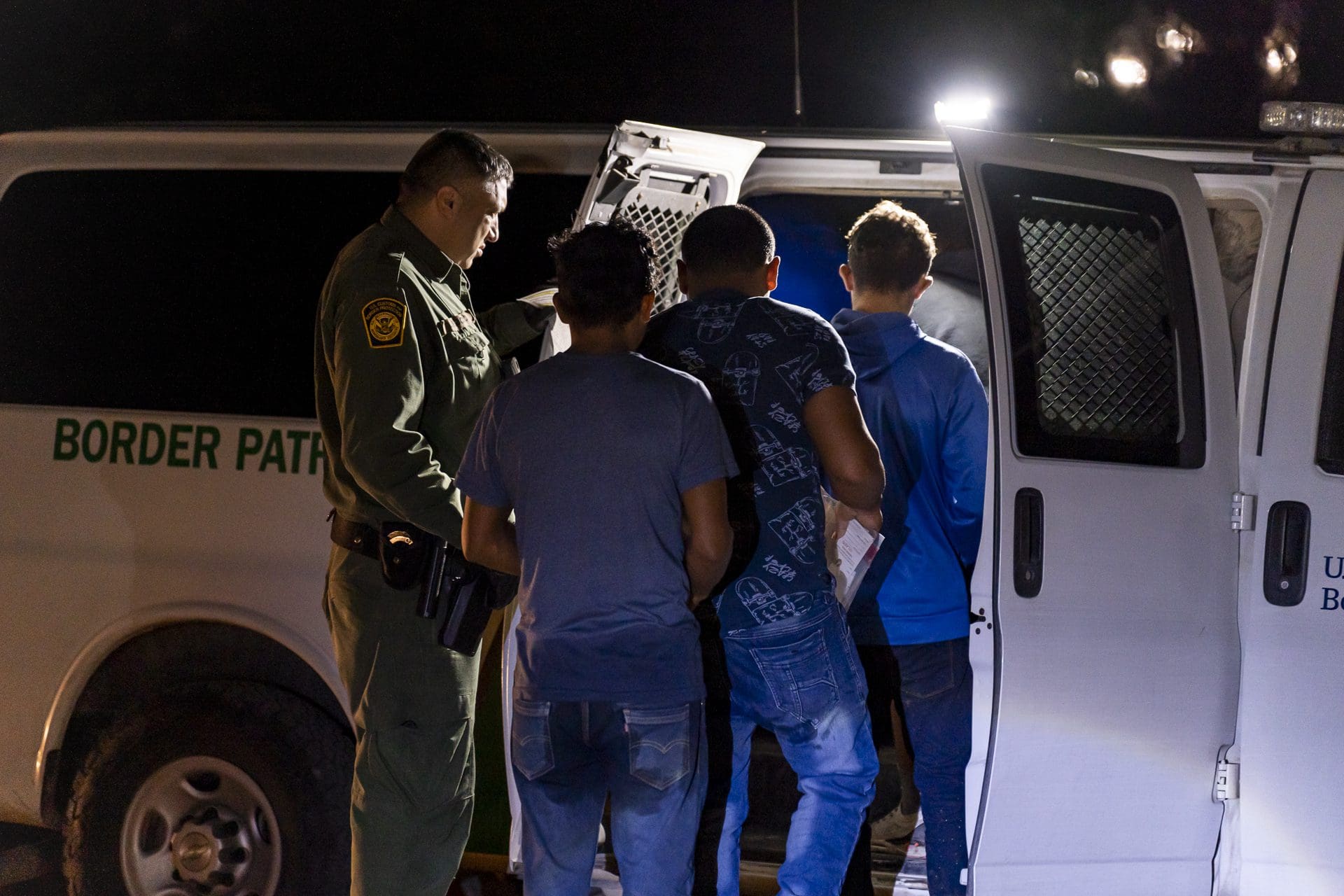Texas National Guard soldiers have placed concertina wire along the Texas-New Mexico border in an effort to curb illegal immigration.
According to ABC News, officials say guard members have placed the wire near Sunland Park, New Mexico—a town that borders Mexico and El Paso.
Gov. Greg Abbott posted to X that the barrier is meant to deter illegal aliens from crossing from Mexico into New Mexico, then traveling over to Texas.
“Texas installs fencing along NEW Mexico border,” wrote Abbott. ”Our barriers around El Paso forced the migrants crossing illegally to enter into New Mexico. They then entered into El Paso from there. To end that, we are building a barrier on the New Mexico border.”
According to the Texas Military Department, 18 miles of concertina wire have been put in place to fortify the border in El Paso:
We are now fortifying the border between Texas and New Mexico to block migrants who are entering New Mexico illegally and then crossing into Texas. The effort in El Paso was bolstered by the recent deployment of the Texas Tactical Border Force to El Paso. The Texas National Guard remains focused on operations to prevent, deter, and interdict transnational criminal activity and illegal immigration along the border.
U.S. Rep. Gabe Vasquez (D-NM) told NPR that the move from Abbott is unconstitutional. “To me, this is just one of many political stunts that the Texas governor has cooked up to demonize immigrants, and that provides no real long-term solution to the crisis we’re facing.”
Abbott has also faced other legal challenges after installing a border buoy barrier along the Rio Grande.
In July, the U.S. Department of Justice filed an injunction claiming the barriers violated the River and Harbors Act. A federal judge ruled that Texas needed to remove the buoys because they inhibit public safety, navigation, and federal operations, though the Fifth Circuit Court of Appeals has kept the buoys in place for now.
Currently, in the third legislative special session, the Senate has passed Senate Bill 11 which creates a criminal penalty for improper entry from a foreign nation. For those without certain prior offenses, an offense under this proposed law would be a Class A Misdemeanor. That means it would be punishable by one year in jail, a maximum fine of $4,000, or both. The House State Affairs Committee has passed similar legislation in House Bill 4. It has not yet received a vote by the full House.
Texas Scorecard reached out to Abbott for a request for comment but did not receive a response before publication.





